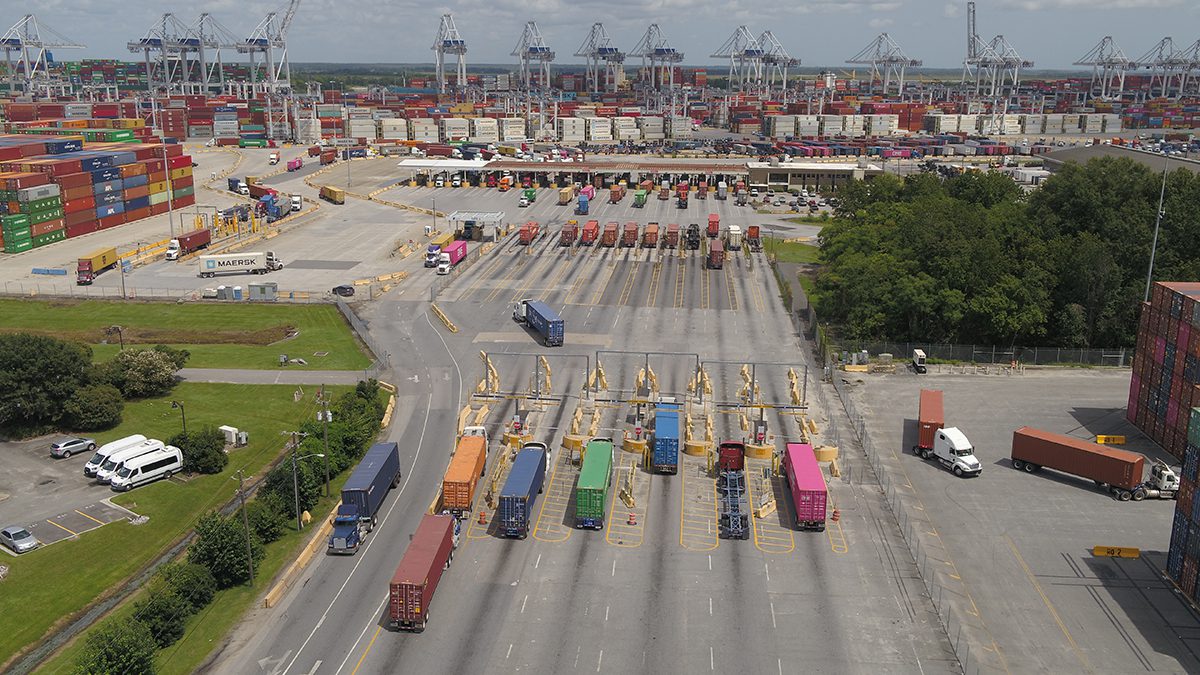Plug and Play, a Silicon Valley-based capital firm and corporate innovation platform, will partner with the Savannah Economic Development Authority (SEDA) to establish a First-Mile Logistics innovation hub in Savannah.
The partnership will set up an ecosystem in which corporations, startups and universities can collaborate on solutions for issues facing the maritime and logistics industries. Beyond attracting corporations and startups in the logistics industry to Savannah, a key objective of the partnership will be to connect entrepreneurs and talent in Coastal Georgia to Plug and Play’s global network of more than 400 corporations and 30,000 startups.
“The business of logistics is a vital component to Savannah’s economy and includes a world class infrastructure system with the Port of Savannah, unparalleled interstates, the Savannah/Hilton Head International Airport and our extensive Class 1 and Short Line Railroad networks,” said SEDA President and CEO Trip Tollison.
Phase One of the partnership will consist of virtual events centered on the major themes of First-Mile Logistics, with a physical Plug and Play office to launch in Savannah during Phase Two. The office will be supported by the Logistics Innovation Leadership Council, a consortium of local companies and universities committed to positioning Savannah as a global leader in the logistics industry. Leadership Council members include the Georgia Ports Authority (GPA) and Georgia Southern University.
“Modern ports like Savannah are very efficient at the mechanics and information systems involved in moving cargo on- and off-terminal,” said GPA Executive Director Griff Lynch. “The next frontier in the speed and reliability of global trade lies in predictive analytics and data sharing among the providers of different services, so that supply channels remain fluid. The exciting thing about Plug and Play entering the Savannah market is the potential to remove silos around data and to incentivize the next evolution in cargo management.”
